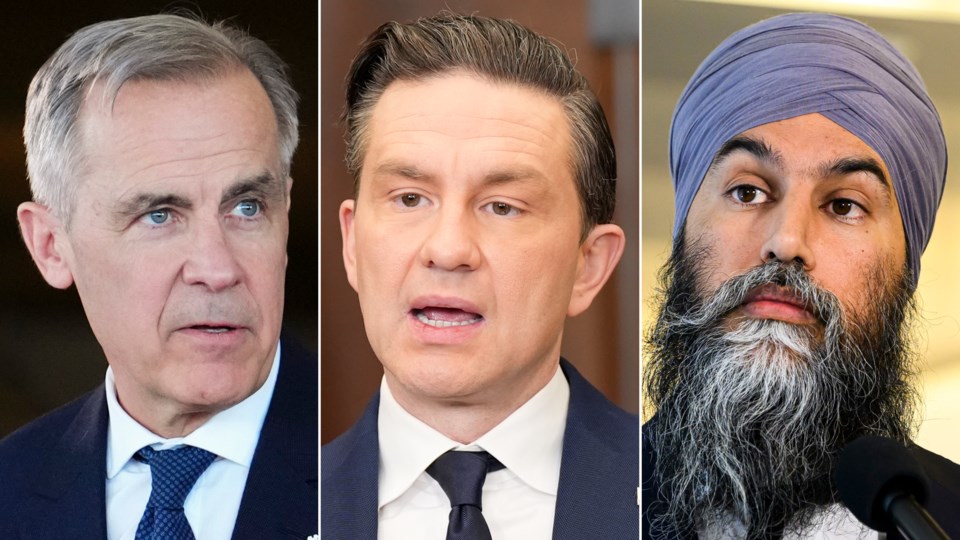Talking with people over the past few weeks about the federal election, two trends seem to dominate the conversation.
The first is “why bother voting?” as we know who is going to win locally. While it is highly likely both Todd Doherty and Bob Zimmer will win their respective ridings, that is not a reason to not vote.
After all, if only Conservatives vote, then only a Conservative will be elected. This seems to be the pattern in both Cariboo-Prince George and Prince George-Peace River-Northern Rockies.
Well, not exactly. Neither of them gets 100 per cent of the vote (50.85 and 60.7 per cent, respectively). But voter turnout is low and if everyone voted, the result might be different. Or they might be exactly the same. The only way to find out is if everyone votes in the upcoming election.
More to the point, even if the results turnout the same — both Zimmer and Doherty are re-elected — a strong showing at the polls by the other party will send a message that there are other points of view prevalent in these ridings. And despite a system which sees MPs as members of a party, they are members of Parliament, elected by and on behalf of all the people within their riding.
MPs do not work for the party in which they are a member. They work for you and me. And every four years they go through a “job interview” where they are answerable to us. Voting, regardless of the party, is our mechanism for saying what we think of the job they are doing.
Everyone who is eligible in Prince George and throughout the ridings needs to vote.
The second trend I have been hearing is along the lines of “our prime minister needs to do something." However, the prime minister is not a president nor a dictator. They are simply the leader of the party with the most seats in Parliament (or the leader of a coalition of parties holding a majority of the seats).
Unlike what we are seeing south of the border where The Donald is signing executive orders to tank and revive the stock market, likely with a few of his cronies making billions along the way, we don’t have a system where the prime minister can take similar action.
Anything the prime minister wants to do needs to go to, at the very least, their own party’s members. And much of what they would like to do requires the backing of a Parliament. It is how we have checks and balances on the use or abuse of power.
It is not the “prime minister who needs to do something” but all of government. And, on the rare occasion, that includes the opposition parties. Some votes are unanimous.
Todd Whitcombe is a professor of chemistry at the University of Northern BC.



